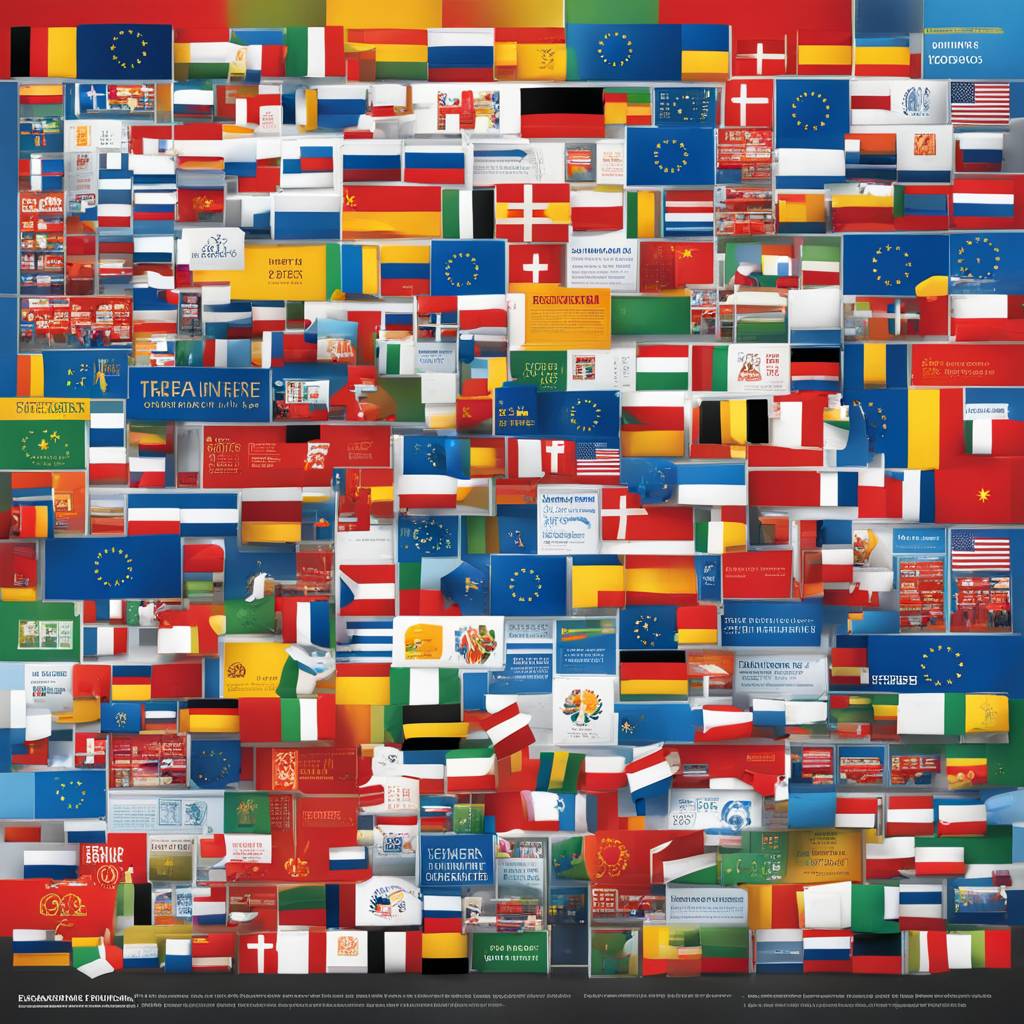The European elections for the European Parliament are set to take place from 6-9 June 2024. The European Parliament is the only directly elected institution of the European Union, giving citizens in the bloc’s 27 member states the opportunity to choose their representatives every five years. Each member state is allocated a certain number of seats based on its population size, with different voting systems in place across the member states. Some countries vote for parties with fixed lists of candidates, while others have more open lists where voters can choose their favorite candidate. There is also the single transferable vote option, where electors can select multiple candidates by preference.
MEPs, once elected, serve a five-year term and split their time between European Parliament meetings in Strasbourg and Brussels. They sit in transnational groups based on political ideology, such as centre-right, socialists, greens, and eurosceptics. The largest political grouping after the elections has the strongest mandate to have its choice head up the commission. The European Council, made up of EU country representatives, votes on a nominee chosen based on the election outcome. If approved, the candidate must then receive the support of a majority of MEPs in the European Parliament.
The European Parliament plays a significant role in shaping EU legislation, policies, and budgets, representing the democratic voice of nearly half a billion citizens across Europe. Despite its importance, voter turnout for EU elections has been decreasing over the years, dropping significantly from 62% recorded four decades ago. Some countries, like Belgium, Greece, and Bulgaria, have compulsory voting laws in place to boost turnout. In the 2019 elections, just over half of eligible voters participated, showing a slight increase in turnout compared to previous years.
The upcoming European elections are a crucial opportunity for citizens in the EU to have a say in who represents them in the European Parliament. With different voting systems in place across member states, each country elects a certain number of MEPs based on its population size. After the elections, MEPs serve a five-year term and work in transnational groups based on political ideology. The European Parliament plays a vital role in shaping EU legislation and policies, reflecting the democratic voice of millions of citizens. Despite efforts to increase voter turnout, there has been a decline in participation over the years, with only a little over half of eligible voters participating in the 2019 elections.
With the European elections scheduled for June 2024, citizens in the EU have the opportunity to choose their representatives in the European Parliament. The elections use a proportional representation system, with different voting methods in place across member states. Once elected, MEPs serve a five-year term and sit in transnational groups based on political ideology. The European Parliament plays a crucial role in shaping EU legislation and policies, reflecting the democratic voice of nearly half a billion citizens. Efforts to increase voter turnout have been made, with some countries having compulsory voting laws in place. The upcoming elections will be a significant moment for citizens to have a say in the future direction of the EU.


